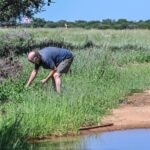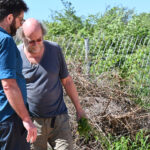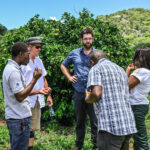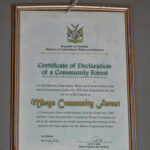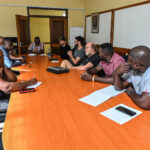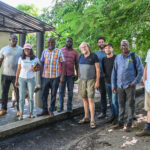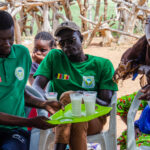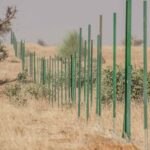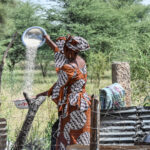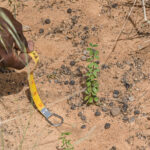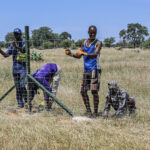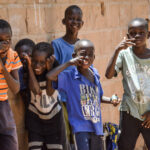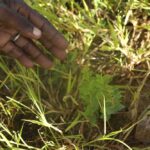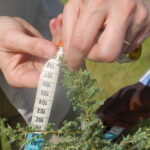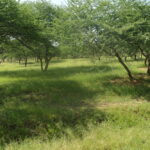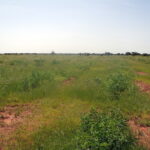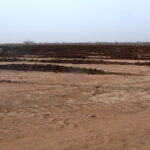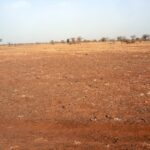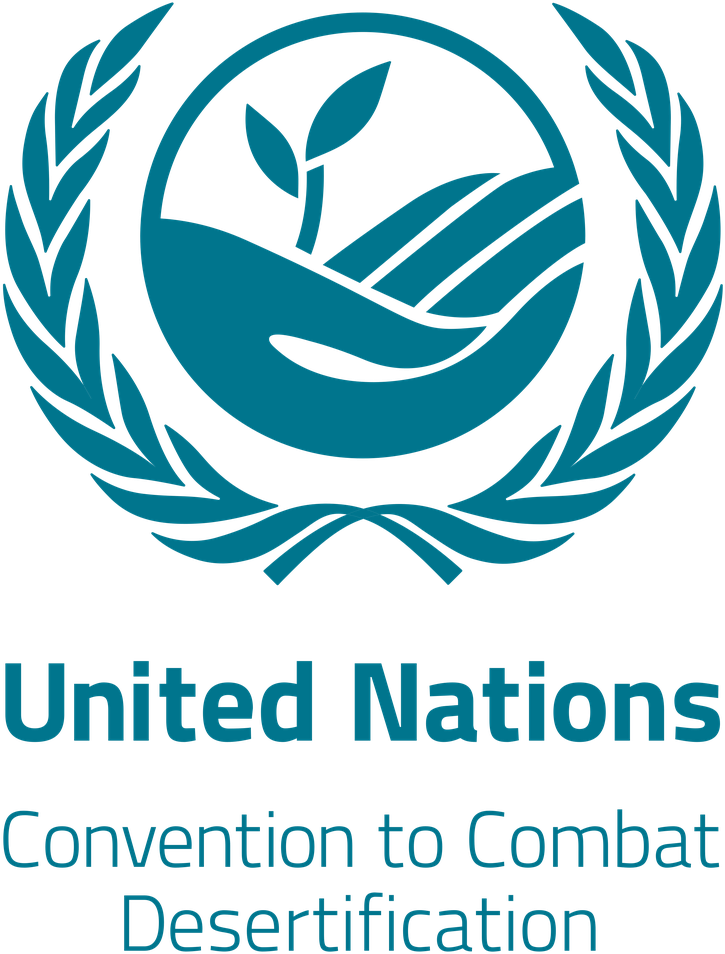our projects
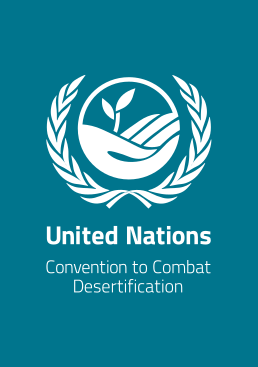

Since 2009, Lignaverda has been making significant progress in reforestation. Our primary focus has been on regions at risk, facing land degradation and rural exodus. Our goal is to create positive impacts by investing in sociological and ecological capital. This approach is in line with the United Nations’ Land Degradation Neutrality program, which aims to restore degraded land and prevent further degradation.
2022 – NOW
Namibia
Namibia has witnessed significant deforestation in recent years due to human activities, including logging, agriculture, and charcoal production. These activities have led to soil erosion and the loss of biodiversity, negatively impacting rural communities that depend on forests for their livelihoods. Reforestation holds great potential for addressing these issues.
In 2023, Lignaverda is embarking on its initial endeavours in Namibia through a pilot project, with the intention to commence new afforestation initiatives in 2024. Lignaverda is actively participating in the Great Green Wall project of the African Union, which has recently been expanded to the southern hemisphere. In the Sahel region alone, Lignaverda has successfully grown over 1.5 million trees and restored over 7,000 hectares of degraded land.
2018 – NOW
Senegal
Building upon the expertise gained in Burkina Faso, we aimed to expand our operations to other Sahelian countries. Since 2018, in strong partnership with the Senegalese agency for the Great Green Wall and rural communities, Lignaverda has been undertaking large-scale afforestation efforts within the Great Green Wall corridor. This significant initiative, supported by the United Nations Convention to Combat Desertification (UNCDD), and led by the African Union, aims to combat desertification and restore degraded land.
2009 – 2018
Burkina Faso
Lignaverda started its first activities in Burkina Faso. From 2009 until 2018, we created 10,000 hectares of new forest and developed and improved the concept of Trees that Count in which trees are not just planted but in which communities are intensively involved in site identification, species selection and forest managment and sustainable exploitation.

